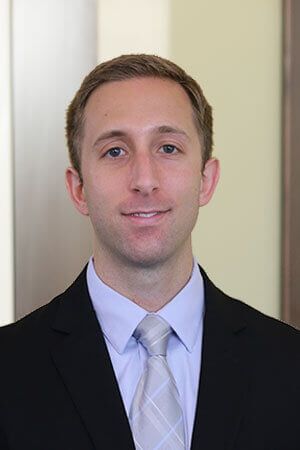 When we assist individuals with appealing a wrongful denial of Social Security disability benefits, the most common question from clients is “How long will this process take”? Unfortunately, the Social Security Administration (SSA) is overburdened with hundreds of thousands of disability applications and appeals, and the process may take longer than you think.
When we assist individuals with appealing a wrongful denial of Social Security disability benefits, the most common question from clients is “How long will this process take”? Unfortunately, the Social Security Administration (SSA) is overburdened with hundreds of thousands of disability applications and appeals, and the process may take longer than you think.
Some disability applicants are approved when they first apply, but this only happens for 24% of disability applicants. The remaining 76% of disability claimants who were denied must file an appeal in hopes of receiving disability benefits. There are two appeal stages before a claimant can have a hearing before an Administrative Law Judge. First, a request for reconsideration must be filed. If reconsideration is denied, then a hearing may be requested.
A disability hearing is crucial because it is the claimant’s opportunity to have their day in court before an Administrative Law Judge and to be represented by an attorney of their choosing. Statistics illustrate that disability hearings are important because the chances of being approved by an Administrative Law Judge are higher than the chances of being approved during review of initial application or reconsideration.
Wait Times for Disability Hearings Continue to Grow
With an aging population of workers and the SSA’s shortage of resources, the average wait time for a disability hearing has ballooned to well over a year at almost every disability hearing office. The wait times at each disability hearing office varies. Per a May 2016 report, Valparaiso, Indiana has the longest wait time of any Indiana hearing office: 581 days (or 18 months). The Indianapolis hearing office’s average wait time is 16 months, Fort Wayne’s is 14 months, and Evansville’s is 17 months.
Keep in mind that the average wait time is calculated from the date that a hearing is requested, not from the time a disability application was first filed. For example, the timeline of a case may look like this: John applied for disability benefits in January 2014, received a denial letter in June 2014 and requested reconsideration in July 2014, received a denial of reconsideration in September 2014 and requested a hearing in October 2014, and finally had his hearing in June of 2016. The extremely long wait times are especially difficult for individuals who have no other sources of income and cannot pay for absolute necessities, such as housing and food.
Kery Murakami, a journalist, recently examined the long wait times for a disability hearing. His article was published on the National Organization of Social Security Claimants’ Representative (NOSSCR)’s website. After a hearing has been requested, Mr. Murakami stated that “those seeking benefits must wait an average of 525 days—about a year and a half”—for an Administrative Law Judge’s decision. Presently, there are 1.1 million people nationwide waiting for a disability hearing.
According to Theresa Gruber, the Social Security Administration’s deputy commissioner for disability and adjudication review, the backlog has grown because of an increase in disability applications and the SSA’s shortage of disability judges. Gruber said that the SSA hasn’t had enough money to hire more judges, and is short about 400 judges. In light of the shortage of judges, Gruber said that the SSA “plans to have department attorneys field appeals not involving disability, such as those related to an applicants’ age, citizenship or income.”
Unless special circumstances exist, a claimant must wait patiently for a disability hearing. However, the SSA does recognize cases of “dire need”, such as when a claimant is without food and unable to obtain it; lacks medicine or medical care and is unable to obtain it; or lacks shelter. The SSA also deems cases to be “critical” for any of the following reasons: 1) if the claimant’s illness is terminal, 2) if the claimant is receiving 100% permanent and total disability compensation rating from the Department of Veterans Affairs, 3) if the claimant was injured while on active duty of military service, 4) if the individual has been diagnosed with a medical condition that qualifies as a “compassionate allowance”, or 5) if the claimant is suicidal, homicidal, or potentially violent. As you can see, absent extraordinary circumstances, the SSA does not expedite the scheduling of a disability hearing.
Contact Keller & Keller for Help With Your Disability Hearing
If you are thinking about applying for disability benefits or have been denied disability benefits, contact Keller & Keller today. We can assist you with your disability application and/or an appeal. Although the SSA is overburdened with over a million people waiting for a disability hearing and the average wait time is extremely long, we examine whether our clients will qualify for an expedited hearing based on “dire need” or “critical” circumstances. Call 1-800-253-5537 for a free initial consultation.




